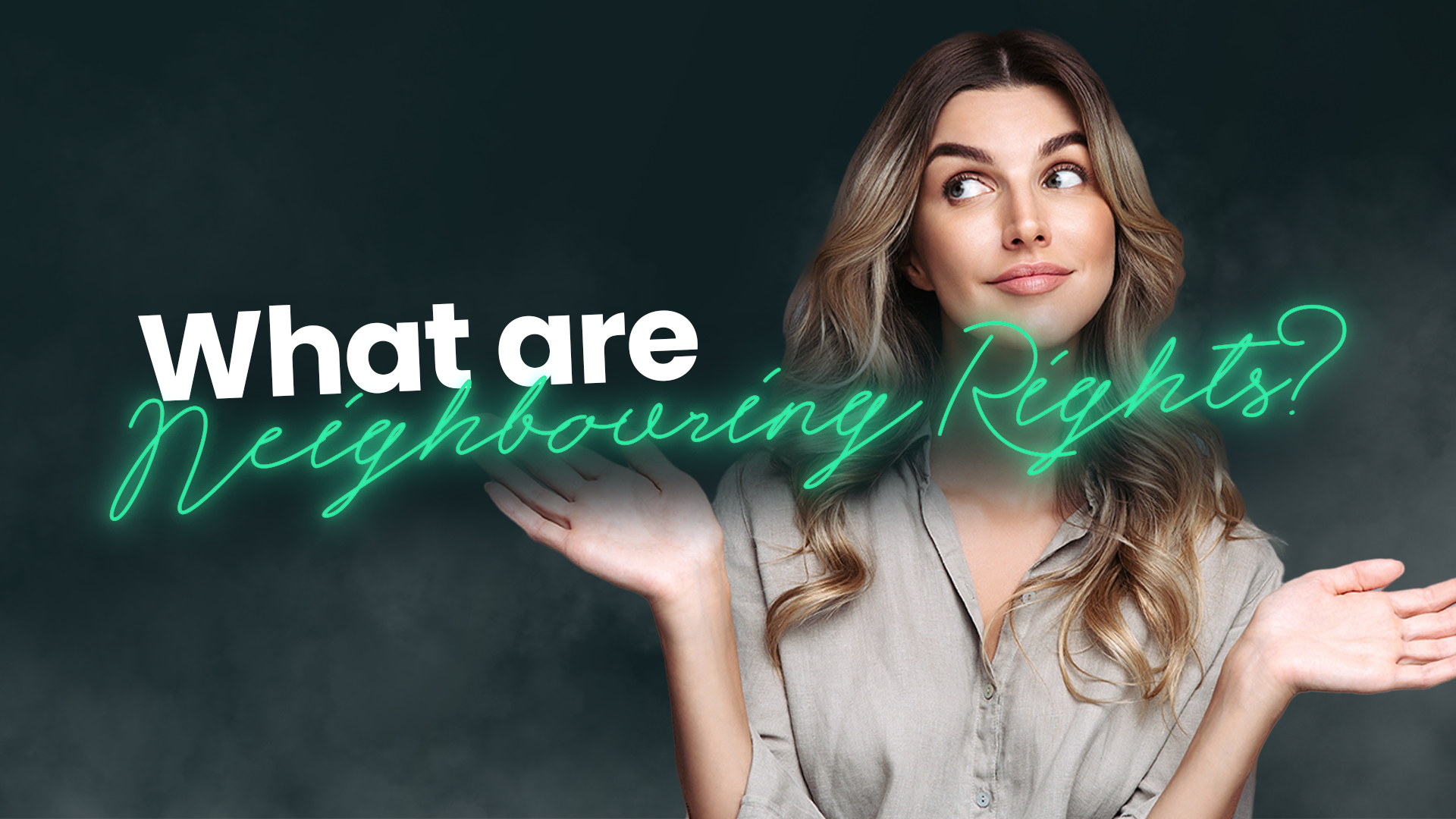What are Neighbouring Rights?
Whether you’re totally new to the term, or still struggling to get your head around it- we’re hoping to clear some of the confusion in our latest blog…
Ignore them at your peril, if you’re an artist, rights holder or music manager, Neighbouring Rights could be worth a major percentage of your future royalty payments. They’re a huge opportunity, in particular for session musicians, to get the royalties you’re owed for any audible contributions.
Unfortunately, they’re often overlooked, and not least because their status in the US is, well…complicated.
So, what are they?
Every song has two basic copyrights attached to it, one for the composition and another for the recording – Neighbouring Rights is part of the latter.
In short…
Any time a song is broadcast on the radio, TV, or played in public (eg. in bars, shops, restaurants, clubs etc) the recording artist and rights holder are due the royalty.
So, that means if you’ve featured on a record AND it’s been played on the airwaves, be it through a face melting guitar solo or simple hand claps, you could be entitled to Neighbouring Rights. In addition, whoever owns the recording, whether it’s a label, manager or estate – they’re also able to collect these royalties.
But where from?
Most countries have local organisations, often referred to as CMOs (collection management organisations)that’ll collect Neighbouring Rights for their region. You’ll have to register with them locally or, with an international administrator who will do the registrations on your behalf to guarantee you’re not leaving any money on the table. Here’s just some of the most notable…
PPL – U.K.
PPCA – Australia
SENA – Netherlands
ABRAMUS – Brazil
Adami – France
GVL – Germany
CPRA – Japan
ACTRA RACS – Canada
Unfortunately, Neighbouring Rights aren’t available to collect in every country – in fact, you may have already noticed one country’s notable absence from the list above…
Why aren’t they available in the US?
Well, it’s complicated and it requires us to travel back in time to 1961 – and Rome specifically.
A number of countries got together to discuss how performers should be compensated in the Rome Convention, signing an agreement that brought Neighbouring Rights into existence. Unfortunately, the US did not sign the agreement and therefore do not protect and collect Neighbouring Rights income from TV & radio stations and venues that play recorded music. They do however, collect them for non-interactive streaming and they pull in more money than all of Europe does combined, so they are still well worth registering with SoundExchange for!
Where can I learn more?
Regardless of your experience with music royalties, most people working in the industry could benefit from membership with IAFAR. Our mission is to be the focal point for all things Neighbouring Rights – for all things education, advocacy and community.
Join that community today and access our growing library of resources, including past webinars, template docs and help sheets by visiting iafar.co.uk




